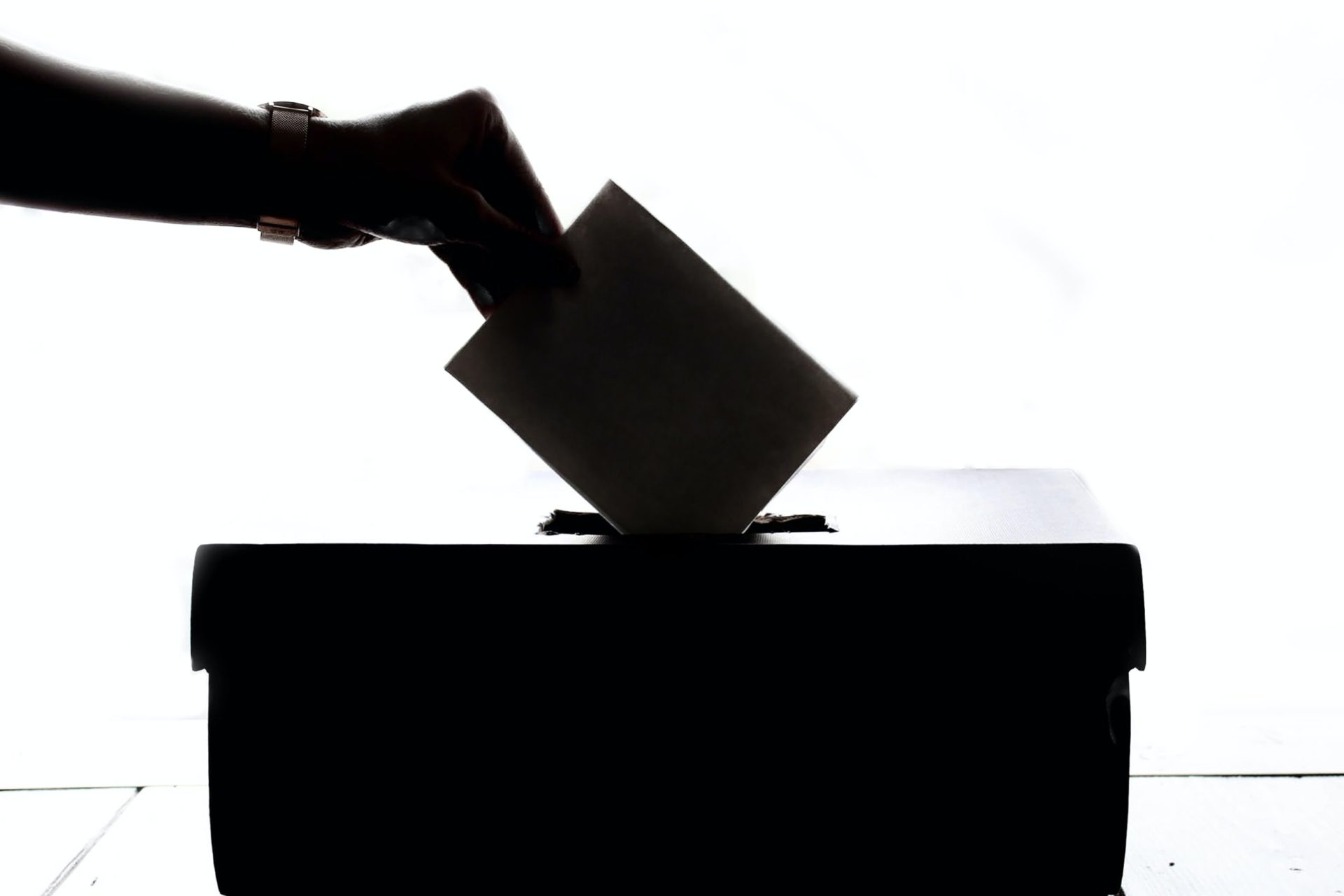
In towns, cities, counties, and states across the country, virtually every election is conducted based on the principle of one person, one vote, and that the winner is the candidate receiving the most popular votes. However, there is one notable exception: presidential elections. Indeed, for the most powerful position in the country, the current state-by-state method of electing the President is not based on either principle.
The current state-by-state winner-take-all method of electing the President channels the campaign into a dozen or so closely divided states. In 2020, 96 percent of general-election campaign visits occurred in just 12 states. In 2016, 94 percent of the visits occurred in just 12 states. In 2012, 96 percent of visits occurred in just eight states.
Thus, the national outcome of the presidential election depends on a very small number of votes in a small number of states. For example, if 21,461 voters in three closely divided states had changed their minds, the national outcome would have been different in 2020. The inevitable result of the current state-by-state system is that the country is faced with uncertain results, drawn-out legal proceedings over hair-splitting issues, and chaotic transitions of power. The anger and distrust that fueled the events of January 6, 2021, were a symptom of deep structural flaws in the way in which we elect the president.
Truly, it should come as no surprise that Americans are regularly upset at the result of presidential elections when most Americans are routinely ignored by presidential candidates. Under the current method, candidates have no incentive to campaign in most states because 36 states voted for the same party in the last six presidential elections.
A system in which voters in three-quarters of states are routinely ignored in presidential elections is not a fair system, and it certainly does not uphold the principle of one person, one vote. Candidates should have a reason to solicit the votes of every voter in every state. In a nationwide popular election of the president, they would.
The National Popular Vote bill is an agreement among that states that would ensure that the candidate who gets the most popular votes wins the presidency – every time. It would uphold the principle of one-person-one-vote, and it would also ensure that candidates cater to the needs and desires of every vote in every state in every presidential election.
The National Popular Vote bill is a constitutionally conservative, state-based approach that retains the power of the states to control how the President is elected and retains the Electoral College.
Article II, Section 1 of the Constitution gives states exclusive control over awarding their electoral votes: “Each State shall appoint, in such Manner as the Legislature thereof may direct, a Number of Electors…” This means that states can agree to allocate their electoral votes in any way a state legislature chooses, including to the candidate who received the most popular votes nationwide.
The National Popular Vote bill will guarantee the Presidency to the candidate receiving the most popular votes in all 50 states and the District of Columbia. It would go into effect once states with a total of at least 270 electoral votes signed the bill into law. So far, it has been enacted by 15 states and the District of Columbia for a total of 195 electoral votes. It needs just 75 more electoral votes to go into effect.
Supporting the National Popular Vote movement means upholding the principle of one-person-one-vote and ending the chaos and uncertainty in presidential elections. If you believe in transparency and equal representation in presidential elections, you should support the National Popular Vote movement as well.

Dr. John Koza
John R. Koza received his Ph.D. in computer science from the University of Michigan in 1972. He published a board game involving Electoral College strategy in 1966. From 1973 through 1987, he was co-founder, chairman, and CEO of Scientific Games Inc. where he co-invented the rub-off instant lottery ticket used by state lotteries. In the 1980s, he and attorney Barry Fadem were active in promoting adoption of lotteries by various states through the citizen-initiative process and state legislative action. Between 1988 and 2003, he taught a course on genetic algorithms and genetic programming at Stanford University, where he was a consulting professor. He is lead author of the book Every Vote Equal: A State-Based Plan for Electing the President by National Popular Vote and originator of the National Popular Vote legislation. He is Chair of National Popular Vote and a member of the Board of Directors.






